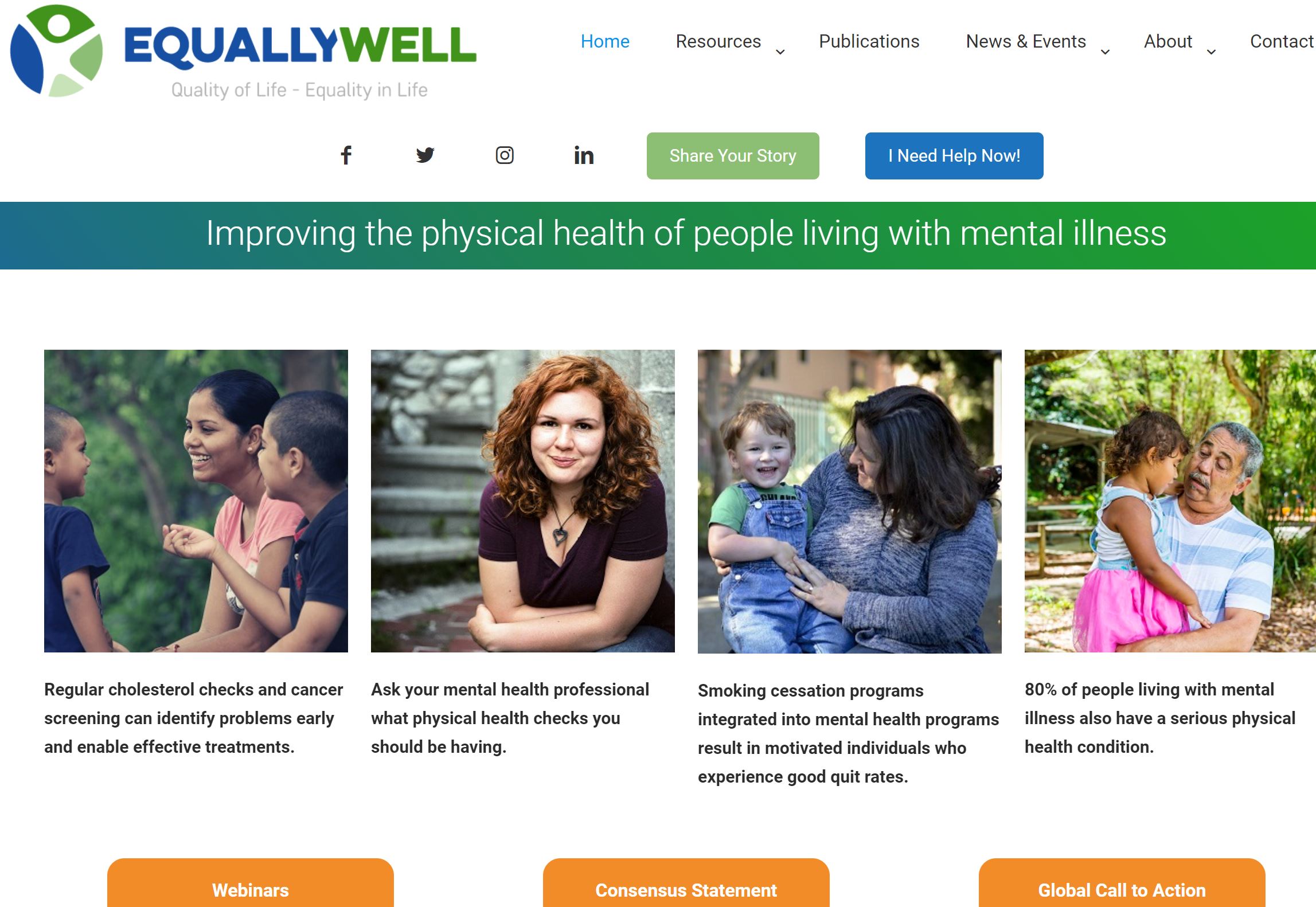Overview
It may come as a surprise, but regular physical exercise helps to give you energy. It is a great way to manage stress and feelings of depression. Staying physically active can also boost your mood, concentration and help you get a good nights sleep.
With all of these amazing benefits, you may start to wonder why we all aren’t regular members at our local gym.
If you are someone who isn’t normally a physically active person the thought of exercise can be daunting. And if you experience a physical health condition or are juggling work and family life you may feel like some exercise routines aren’t suitable for you or that there isn’t enough time in the day.
Keep reading to learn more about the benefits physical activity can have on your mental wellbeing, examples of different types of exercise and tips to get you started.
To find out more about exercise recommendations, see the Physical activity and exercise guidelines for Australians.
The benefits of exercise
Exercise and your mental health
Research tells us that exercise releases endorphins in our brains (those chemicals that make you feel good) meaning even a short amount of exercise a day can help improve your mental wellbeing. With that said there is no surprise that people who participate in regular exercise feel more relaxed and positive about themselves. But how does physical exercise really help us to feel mentally well?
Exercise is good for your mental wellbeing for a number of reasons. By exercising you actually support changes in your brain that help increase feelings of being calm and increase your energy levels.
Physical activity not only helps to relieve muscle tension which can be caused by feelings of stress, it also helps you to sleep better and can be a great way to improve your social life.
Did you know that regular exercise can reduce:
- feelings of stress
- feelings of loneliness and
- symptoms of depression and anxiety
Other health benefits
Regular physical activity also reduces the risk of some health condition including:
- type 2 diabetes
- cardiovascular disease
- lung disease
- some cancers
- dementia
- obesity
- high blood pressure
- Alzheimer’s disease
- Parkinson’s disease
On top of that regular exercise can also help you to lose weight and increase your muscle tone.
Tips to get started
Getting into the habit of regular exercise takes commitment and determination. Not all types of exercise will feel right for you and lets be real, you may not enjoy particular styles either. Some people enjoy high intensity workouts and others low impact and that’s ok. It is about finding what is right for you, what makes you feel good and most importantly what you enjoy.
If you aren’t normally a physically active person simply doing 15 to 30 minutes of exercise a day is a great place to start.
Suggestions for beginners
- going for a walk with your dog
- jogging
- parking the car an additional street away to increase your steps
- swimming a few laps at the local pool a couple of times a week
If you enjoy being around others, team sports are a great way to meet new people as well as support good physical health. If being in a group setting makes you feel uncomfortable or anxious team sports can be confronting however being part of a team can help you to build confidence, make new friendships and reduce feelings of loneliness.
If you would prefer to start working on your fitness goals somewhere a little more private there are YouTube videos and apps available that provide workouts for all fitness levels.
Beginners fitness Apps
- The 7 Minute Workout – Apple Store and Google Play
- Yoga for Beginners – Apple Store and Google Play.
- Start Running for Beginners – Apple Store and Google Play.
Local classes
If you enjoy group activities, community centres, halls and local parks often run free or discounted community classes such as yoga, Pilates, or personal training sessions so it could be worth heading down to your local centre and checking out the notice board. You could also contact your local pool to see if they run water aerobics classes. This is a great way to get active and keep cool in the summer.
Additional guides
For some not all types of physical activity are suitable. Living with a physical disability can create barriers to participating in exercise or accessing certain exercise facilities. The following support guide includes exercise tips for people living with a Disability.

